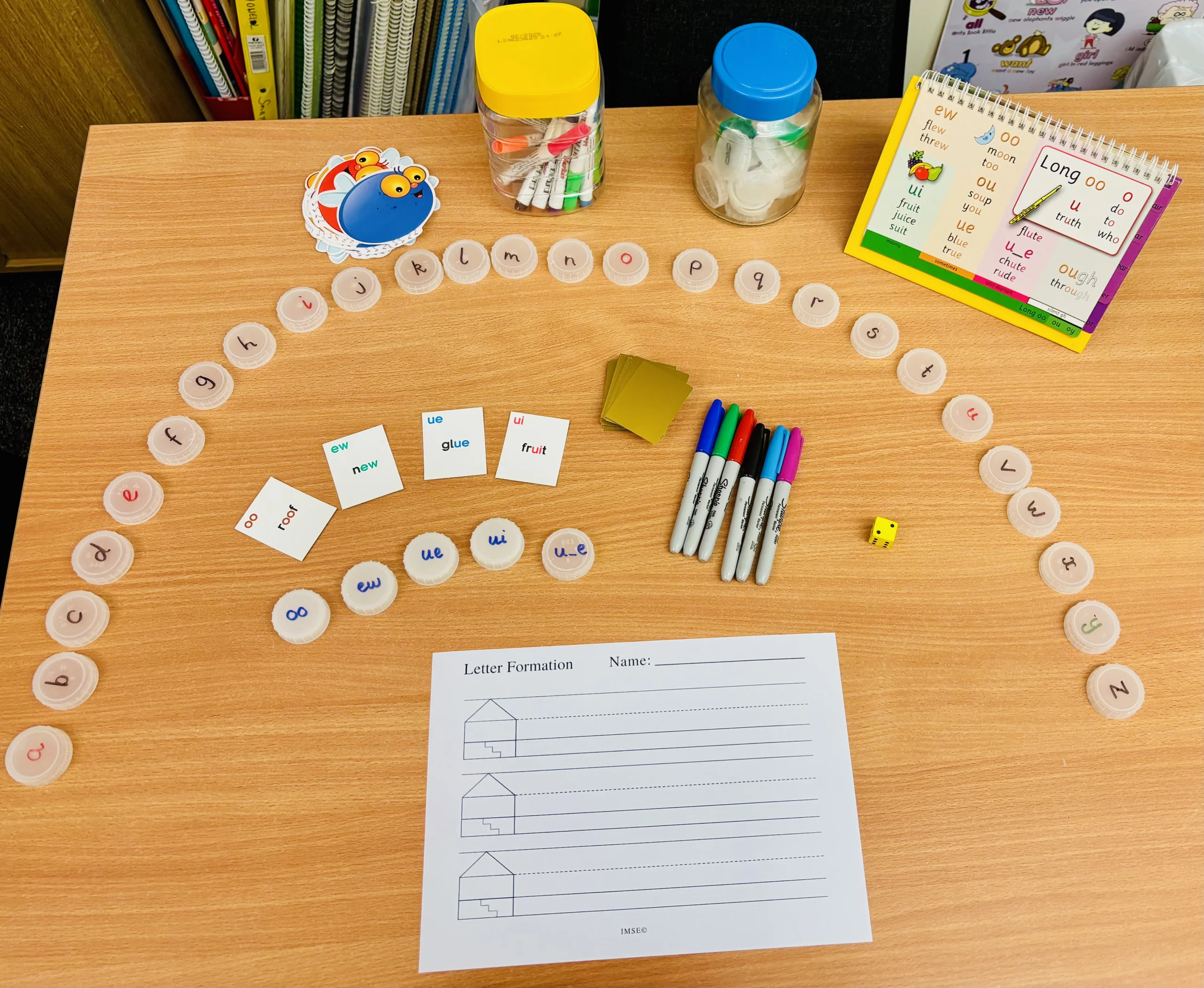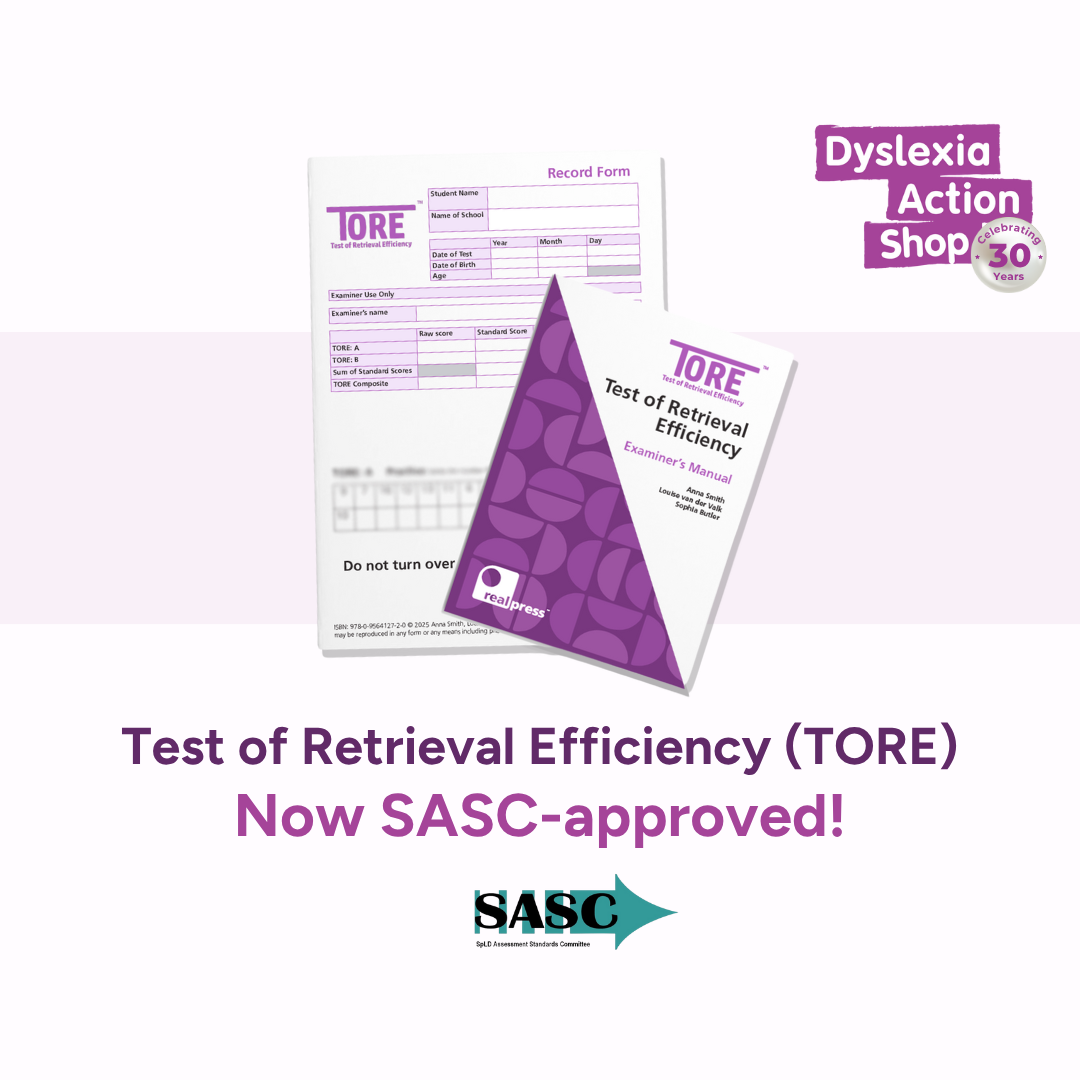Admin |
October 13, 2021
With Dorthe Kronborg Allen, SEN Consultant
Earlier this year, Dorthe provided us with her top tips to discuss SEN with parents. Dorthe has completed a variety of courses with us at Real Training and you can read more about her time studying with us here. This article provides a really useful overview of effectively discussing SEN with parents.
Teachers, parents and learners are a team. Together we cover all the essential contexts and bases for support that lead to a learner’s progress. We are all working toward the same goal, albeit with differences in our respective motivations and methods.
Sometimes, the introduction of the ‘SEN variable’ into this team equation can be the cause of tension and stress, especially when an initial meeting is scheduled with parents to discuss observations that point toward the need for intervention. In fact, parents of children with special needs often report feeling overwhelmed by such meetings – even if it is not the first time they are attending one – and thus we need to proceed with care and professionalism.
To assist with the planning of meetings to discuss SEN with parents I created the following acronym, quite early in my career, to remind me of the five areas to be mindful of before, during and after the meeting:
Honesty, Empathy, Language, Preparation, Support
Honesty
Honesty. It is important to be direct and to tell parents the pertinent information about their child’s strengths and weaknesses – from both the academic and pastoral perspective – and to explain what this has meant for the child thus far in their learning journey. Sugarcoating the situation in the hope that parents will accept the information more readily only causes confusion and makes it sound as if the school doesn’t have a solid intervention plan for the child. For children who do not have a formal diagnosis, it is really important that you do not make any suggestion (or an informal diagnosis) about the particular special need category you suspect, and you should always avoid referring to a specific SEN condition even if you are certain you know what the diagnosis would be. I have often had parents offer their own ‘diagnosis’, asking me to confirm their suspicions about their child and this is the golden moment to indicate that an external assessment by a qualified professional would be useful.
Empathy
Empathy. Taking the time to explain the situation in detail to make sure parents understand the various needs of their child is vital for both cooperation and progress. It also means that you listen and give parents the opportunity to offer their own insights and reflections about their child’s behaviour at home and in other contexts. These ‘other contexts’ outside of the school environment present the part of the puzzle that we teachers don’t get to see and can provide useful insight to inform our intervention planning. Keep in mind also that the wonderful progress that we see our learners make on a daily basis is usually only communicated to parents at termly parent-teacher evenings, in hurried ten-minute slots consulting with a broad range of teachers, more often than not with a focus on the observed weaknesses in a certain subject, followed by simple instructions that “more needs to be done at home”.
Language
Language. Avoid using language that is too technical, such as our daily SEN department jargon, as this might make parents feel alienated and even more confounded. This is not the time to showcase your own knowledge on the subject, it is not a job interview after all. Your objective is to work together with the people seated opposite you to make sure that their child is happy, motivated by their education and successful, and that everyone is on the same page about how to best achieve this outcome. Direct and honest language is the best policy, as mentioned earlier, but you also need to make sure you are not too clinical or harsh in your explanations.
Prepare
Prepare. You need to bring solid examples to show parents that demonstrate the need for the kind of support to be provided. Classroom or tutor teacher observations are really useful here as parents tend to trust their child’s main teacher. Make sure the observations are chronological so that they show the growth as well as the gaps in learning. If you have used any screeners and have the results then you need to bring those as well, making sure that you can actually interpret and explain them in clear language. Other documents such as observation questionnaires completed by TAs, and samples of work that demonstrate a gap or need should be brought along as well. You don’t need to show parents all of these examples, and indeed you shouldn’t aim to power through them all, but during the course of the meeting, you will be able to gauge which of these will be most relevant.
Support
Support. This is the final and broadest term, and the one that is also the most thrilling, time-consuming, and tiring at the same time. Parents need your expert advice on how to work effectively with the school and they may also need some emotional support during the meeting with you. You must ensure that you explain clearly the types of intervention the school is able to offer, how that will pan out in the school environment and, should an IEP be planned, now would be a good time to introduce this document and speak with parents about the goals you would like to set for their child at school. Support at home should be discussed as well, with time spent explaining how the parents can help with everything from the right environment for study, to strategies that support their child cognitively and emotionally. You will no doubt also be asked to give advice on how to get them to clean their room and remember to bring all their books to school each day, which is a topic for another, much longer article!
Take the time to listen well, speak candidly and advise with clarity. If you are an NQT or a less experienced teacher and are worried about the meeting then you can always call on your SENCo to attend with you for support. When parents leave an SEN meeting with the relieved feeling that the school listens and is aligned with them to ensure their child is successful then you have done an excellent job and you can confidently pat yourself on the back as you make a nice cup of tea, type up the mandatory meeting notes and send them to all those concerned.
If you have any questions for Dorthe on tips on how to effectively discuss SEN with parents please feel free to comment at the bottom of the article.







What do you think?